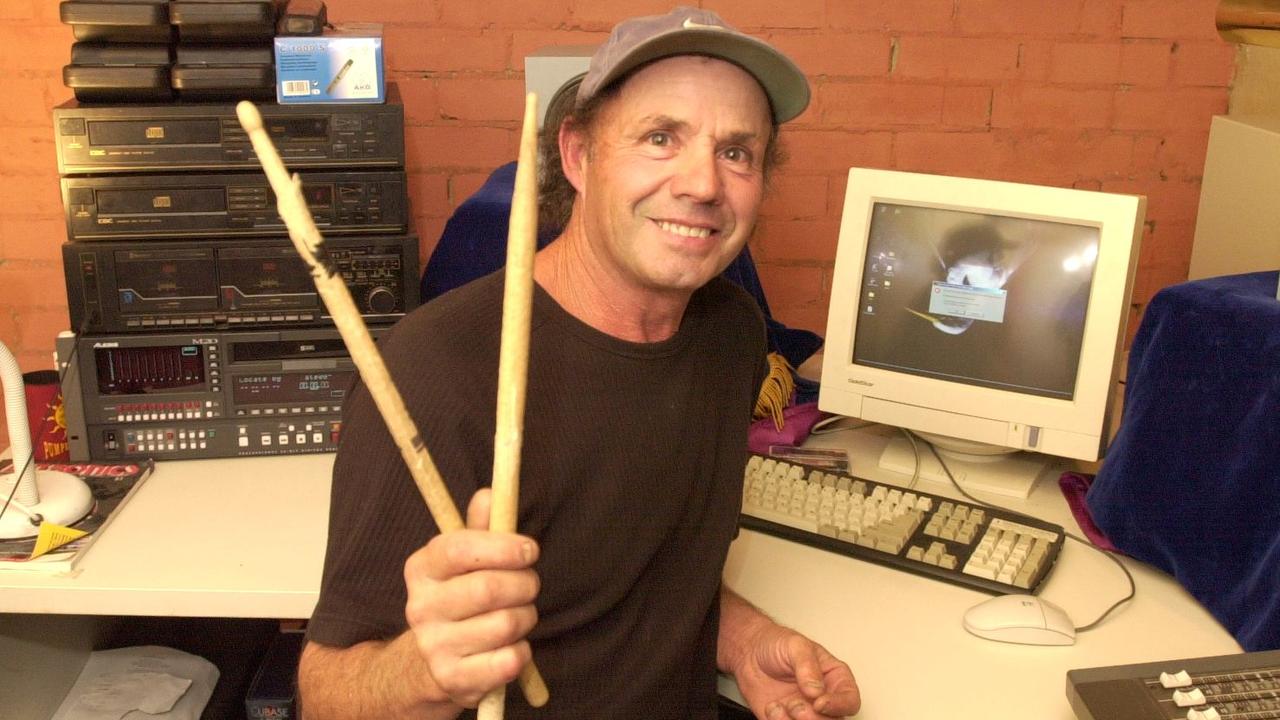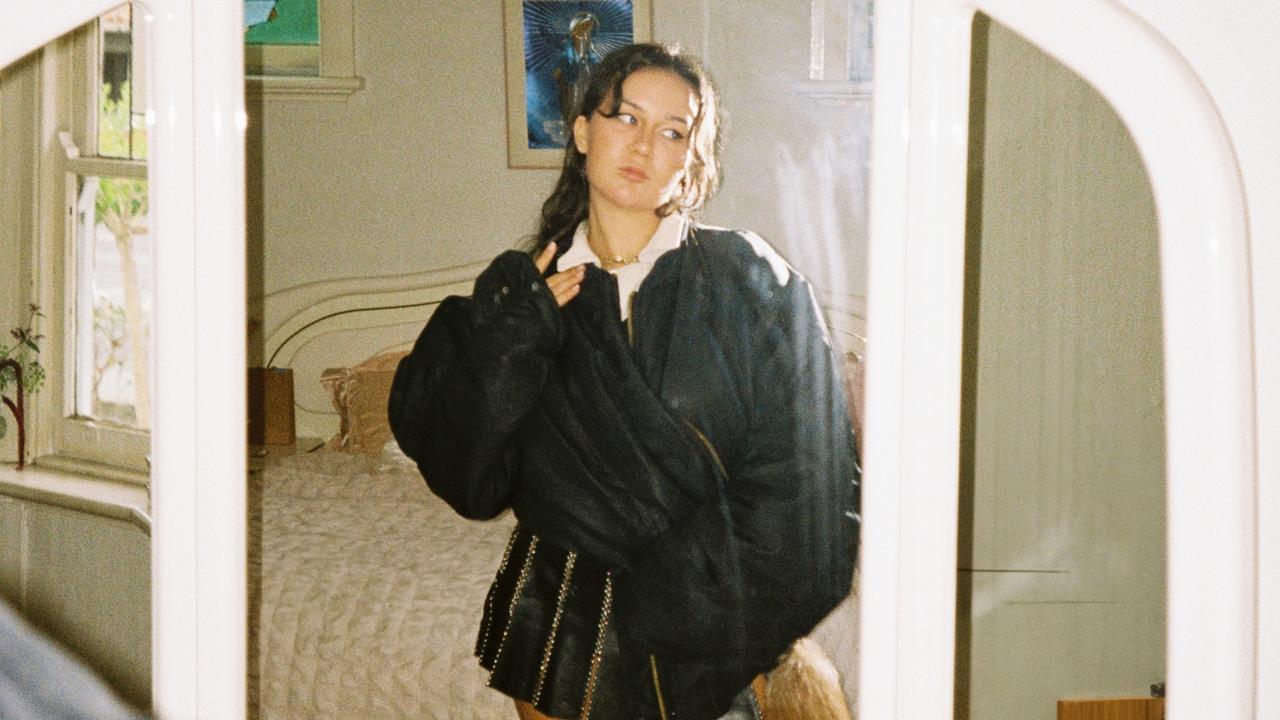Nation’s hottest ticket on the road to music stardom
Triple J’s annual poll takes the pulse of the nation’s youth.
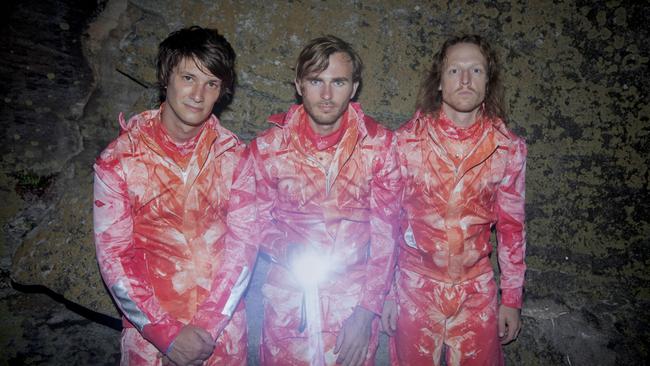
It’s a given in popular music that some artists and songs will have a moment of mass appeal and then be forgotten when the next big thing comes along. Once a year, though, keen pop listeners are asked to vote for their favourite songs of the past 12 months, and the results are ranked and broadcast for all to hear.
Since the idea was trialled by Triple J in 1989 as a poll of listeners’ favourite songs of all time, and then revised in 1993 to focus on songs released in the past calendar year as the youth network extended its reach nationally, the Hottest 100 countdown has demanded music fans make hard choices about voting for their top 10 tracks.
Along the way, a cultural institution emerged and its popularity continues to grow, even as many younger listeners shun the radio and follow playlists on streaming services.
“Triple J has become probably the most important single force in the Australian music industry,” says journalist and author Toby Creswell, who is writing a book about the station. “It’s quite a different world than in the 1980s.
“Then, the record companies would say, ‘Well, Triple J is important, but you’ll never sell any records’ — whereas now, you don’t really have a career unless Triple J are interested in your track.”
This year’s poll — to be broadcast tomorrow — attracted a record 2.38 million votes, up 5 per cent from the previous year.
Says comedian and former Triple J breakfast host Tom Ballard: “It is a cultural landmark for young people, Triple J listeners, music lovers, and the Australian music scene.
“It’s a testament to radio still mattering. People are not just listening to podcasts or Spotify playlists all the time; it’s about a community. People love music, but they love loving music with other people.”
Tomorrow’s event is the first since 2004 that will not be broadcast on January 26. Last year, Triple J asked its listeners how they felt about the countdown being held on Australia Day. Of the 64,990 responses, 60 per cent supported moving it to a different date.
Dom Alessio, a former Triple J employee who recently left the station after eight years hosting the hour-long Australian music program Home and Hosed, says station management “absolutely agonised” over that decision.
“It was so incredibly hard, because you have this growing sense among Triple J listeners that a large majority felt uncomfortable with celebrating the Hottest 100 on a date that’s controversial, and wanted the countdown to be on a date when all listeners could feel included,” he says.
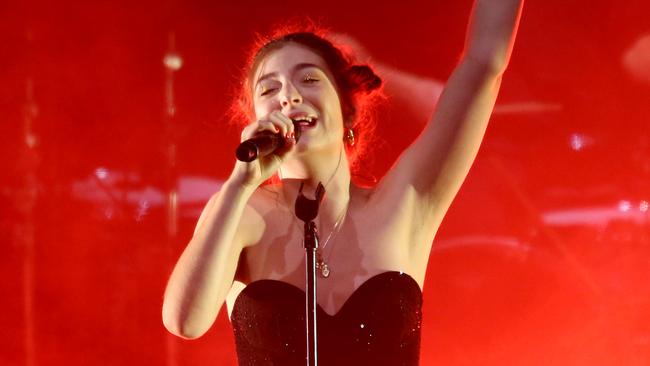
“But you have the ABC charter which says you can’t take political sides, or make any decisions that are politically motivated. Of course, that’s great in theory. In practice, you’re damned if you do, damned if you don’t.
“If you change the date, people are going to accuse you of being political; if you don’t change the date, people are going to accuse you of being political.
“Everything that Triple J does — and as it should be — has its listeners first and foremost in the mind. So if the majority of the listeners would prefer that the Hottest 100 is on a different day, then you listen to the noise.”
Triple J management declined to comment on the date change for this article.
This year, the most common age of Hottest 100 voters was 21. About 80 per cent were under 30, and 51 per cent were female. For those in the music industry, the Hottest 100 offers a valuable insight into the trends and potential spending habits of young music consumers and concertgoers.
“I’d describe it as the biggest, coolest music poll in Australia,” says Paul Piticco, chief executive of music services company Secret Sounds. “It’s not only the biggest, but I think it’s a cultural indicator.
“You can see a lot of trends of where the psyche of the country is headed. It’s extremely relevant, outside of being a music poll. I think it tells us a lot about where the youth of Australia’s head is at.”
Piticco has been closely involved with four songs that reached No 1 in the Hottest 100. He managed Brisbane rock band Powderfinger, which remains the only act to have topped the countdown twice: first in 1999 with its song These Days, and again in 2000 with My Happiness. Five years later, Powderfinger frontman Bernard Fanning achieved No 1 as a solo artist with Wish You Well. Then in 2009, British folk rock band Mumford & Sons — signed to Piticco’s record label, Dew Process — beat all contenders with its song Little Lion Man.
“I remember people telling me earlier in that year that Little Lion Man will never work.
“Various radio programmers at other stations in the country were going, ‘It’s got a banjo in it. No one will ever like the song. This will never amount to anything’,” says Piticco.
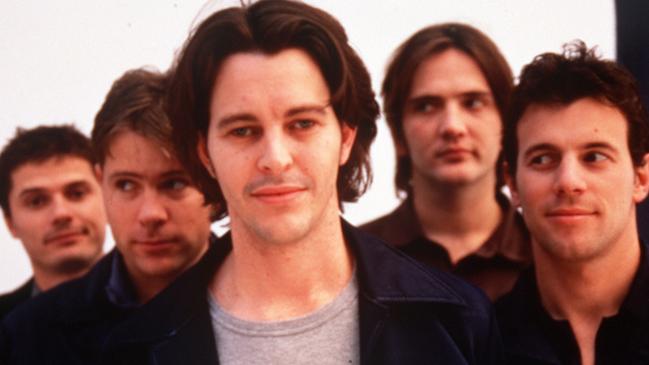
“To have it reach the heights that it did just showed me that anything is possible, and that a lot of individual opinions don’t matter. With music, it’s really about what the people want.”
Secret Sounds is the booking agent for Splendour in the Grass and the Falls Festival. What Piticco hears in the Hottest 100 can influence festival line-ups for the year ahead.
“I pay attention to it. You’d be crazy not to,” he says. “It can confirm or deny what you’re thinking about a particular act — not so much in the upper regions (of the poll), but more in the lower 50 or 60 of bands that are on the rise.”
In 2013, Melbourne singer-songwriter James Keogh, aka Vance Joy, topped the Hottest 100 with his song Riptide. “I don’t know if it changed things super dramatically,” he says. “In terms of your career, if your songs last or not, and whether people want to keep seeing you, I think that’s kind of separate to whether you polled high on the Hottest 100.
“It’s a measure of what people think of your songs. You want to get somewhere near the pointy end, even if it’s ‘Oh, I want to be in the top 30’. I guess you get a sense of validation from it.”
Polling high in the Hottest 100 can have an immediate effect on an artist’s bank balance, though.
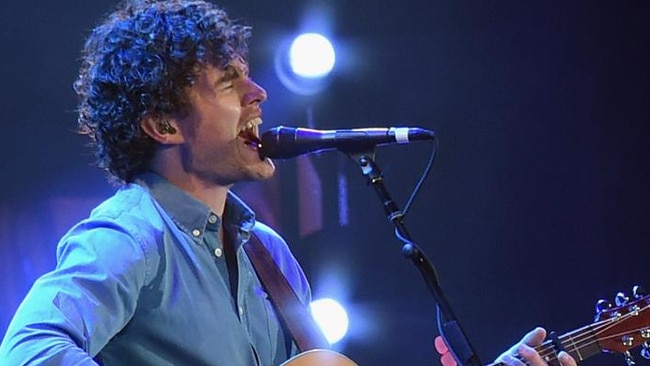
Artist management and publicity firm Bossy Music has seen clients such as Gotye, Flume and Chet Faker each top the countdown in recent years. Director Claire Collins cites the success of Sydney electronic trio Art vs Science, whose song Parlez-vous Francais? came second to Little Lion Man in 2009. “It immediately doubled their festival fees, and ensured 12 to 18 months’ worth of bookings,” she says.
“Prior to that, they’d been selling out shows and had reasonably big crowds at festivals, but their real popularity hadn’t really been acknowledged by the rest of the industry.”
Tomorrow, Collins is backing a song called Green Light by another of her clients, Lorde. Perhaps this will be the year that Lorde goes one better than No 2, which she achieved with Royals in 2013.
-
Hottest of the hot
2016
Flume
Never Be Like You (feat. Kai)
2015
The Rubens
Hoops
2014
Chet Faker
Talk is Cheap
2013
Vance Joy
Riptide
2012
Macklemore & Ryan Lewis
Thrift Shop (feat. Wanz)
2011
Gotye
Somebody That I Used to Know (feat. Kimbra)
2010
Angus & Julia stone
Big Jet Plane
2009
Mumford & Sons
Little Lion Man
2008
Kings of Leon
Sex on Fire
2007
Muse
Knights of Cydonia


